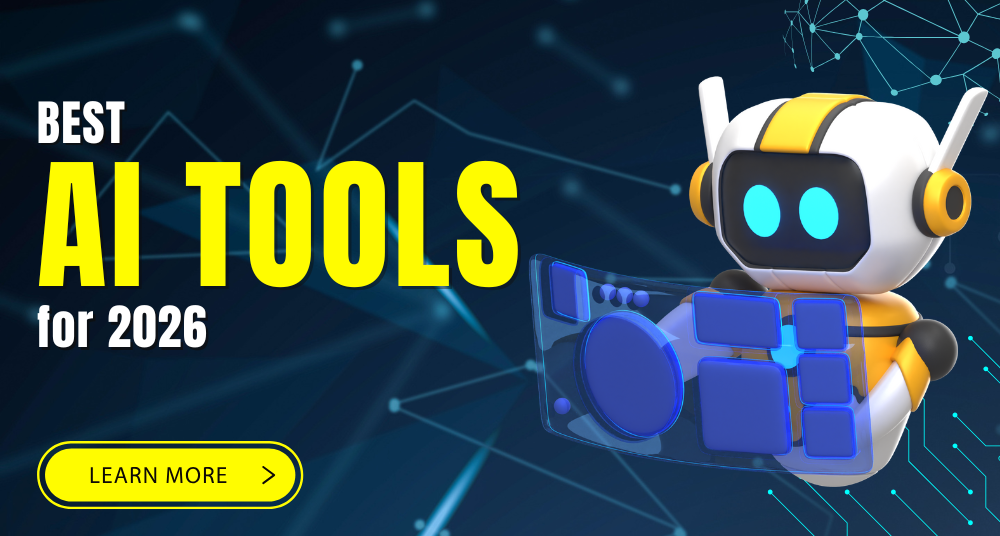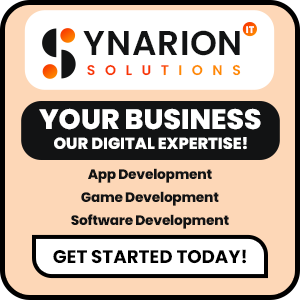Artificial Intelligence is no longer a futuristic concept—it’s an integral part of modern life, transforming industries, businesses, and individual workflows. Among the plethora of AI tools available today, four names dominate the conversation in 2025: ChatGPT, Gemini, Grok, and Deepseek. But the question on everyone’s mind is: Is ChatGPT still the leader, or are new contenders taking the crown?
Let’s dive deep into these AI tools, how they work, their real-world applications, and who is leading the AI race this year.
ChatGPT: The Classic AI Chatbot
Developed by OpenAI, ChatGPT has been the poster child of AI conversational tools since its launch. Known for its human-like text generation, ChatGPT is widely used in customer support, content creation, and coding assistance.
How ChatGPT Works:
- Large Language Model (LLM): Uses GPT-4 architecture (now with GPT-5 in beta) to understand context and generate coherent responses.
- Training Data: Trained on a diverse dataset of web pages, books, and articles.
- Applications: Answering queries, drafting emails, writing blogs, coding help, and even tutoring.
Real-World Example:
A startup in India used ChatGPT to automate its customer service queries. Instead of hiring multiple agents, they deployed ChatGPT to answer FAQs on their website. Within one month, response time reduced from hours to seconds, and customer satisfaction increased by 40%.
Limitations in 2025:
- While ChatGPT excels in conversation, it lacks domain-specific reasoning in some complex fields like scientific research or highly technical coding projects.
- It’s primarily text-based and does not offer deep multi-modal AI capabilities (like combining video, voice, and text analysis simultaneously).
Gemini: The Google-Powered Contender
Gemini, developed by Google DeepMind, is the AI everyone is watching this year. Unlike ChatGPT, Gemini combines language understanding with advanced reasoning and real-world problem solving.
How Gemini Works:
- Multimodal AI: Processes text, images, and other data types to give more context-aware answers.
- Advanced Reasoning: Uses structured reasoning models to solve analytical problems.
- Applications: Healthcare diagnostics support, finance modeling, education tools, and AI-powered research assistance.
Real-World Example:
In a recent pilot project, a medical research institute used Gemini to summarize complex clinical trial data. Within hours, Gemini processed thousands of pages of reports and generated actionable insights for doctors—tasks that normally take weeks.
Advantages over ChatGPT:
- Gemini’s multimodal capabilities allow it to process images alongside text.
- Stronger reasoning makes it suitable for specialized industries like law, finance, and medical research.
- It integrates seamlessly with Google Workspace and other enterprise tools, making deployment faster for businesses.
Grok AI: The Skill-Based Intelligence Platform
Grok AI is a newer player, gaining attention for its context-driven insights and real-time analytics capabilities. Unlike ChatGPT, which is conversation-focused, Grok AI excels in decision-making support.
How Grok AI Works:
- Real-Time Data Processing: Collects structured and unstructured data to provide immediate insights.
- Machine Learning Core: Learns patterns and predicts outcomes in industries like finance, logistics, and marketing.
- User Interaction: Offers dashboards, APIs, and integrations for business intelligence.
Real-World Example:
A mid-sized e-commerce company used Grok AI to predict inventory demand during the festive season. By analyzing historical data and market trends, Grok AI suggested which products to stock, reducing overstock by 25% and increasing revenue by 18%.
Advantages:
- Excels in business applications where real-time decision-making is critical.
- Can integrate with enterprise systems and existing workflows.
- Predictive analytics and actionable insights give businesses a competitive edge.
Deepseek: The AI Research Companion
Deepseek is positioned as a research-focused AI, optimized for extracting and summarizing information from massive datasets. Unlike ChatGPT or Gemini, Deepseek is primarily data-driven rather than conversational.
How Deepseek Works:
- Document Analysis: Scans and interprets large volumes of research papers, reports, and online resources.
- Knowledge Summarization: Generates concise summaries and insights from complex documents.
- Applications: Academic research, competitive intelligence, legal research, and investment analysis.
Real-World Example:
A financial consulting firm used Deepseek to analyze market trends and competitor strategies. The AI condensed thousands of market reports into actionable insights, helping analysts make quicker investment decisions and improving client advisory services.
Advantages:
- Exceptional for specialized research tasks.
- Reduces time spent sifting through documents by up to 70%.
- Highly accurate in summarizing and highlighting key information.
Comparison: Which AI Leads in 2025?
Here’s a snapshot comparing these four tools:
| Feature | ChatGPT | Gemini | Grok AI | Deepseek |
| Best For | General conversation, content | Multimodal reasoning & enterprise | Business analytics & real-time insights | Research & document summarization |
| Multimodal Capabilities | Text only | Text + Image + Data | Text + Structured Data | Text + Documents |
| Industry Application | General, education | Healthcare, finance, enterprise | E-commerce, marketing, logistics | Academic, legal, finance |
| Real-Time Analytics | Limited | Moderate | High | Moderate |
| Ease of Use | Beginner-friendly | Intermediate | Advanced | Advanced |
Insights:
- ChatGPT remains popular for general users and content generation.
- Gemini is gaining traction among enterprises and professionals needing multimodal AI capabilities.
- Grok AI excels for business decision-making with predictive analytics.
- Deepseek is the go-to tool for researchers and data-heavy tasks.
Real-World Use Cases in 2025
- Startups & SMEs: Grok AI helps manage inventory, sales forecasting, and customer insights efficiently.
- Healthcare Institutions: Gemini aids in summarizing clinical trials and supporting doctors with predictive models.
- Academic Research: Deepseek accelerates paper reviews, literature surveys, and competitive intelligence.
- Content Creators: ChatGPT continues to dominate writing blogs, scripts, and automating customer queries.
The Future of AI Tools in 2025 and Beyond
AI is evolving rapidly. Here’s what experts predict:
- Integration of AI ecosystems: Tools like ChatGPT, Gemini, Grok, and Deepseek may merge capabilities for hybrid platforms.
- Specialization vs Generalization: Gemini and Grok focus on industry-specific tasks, while ChatGPT remains a generalist.
- AI as a Service: More SaaS platforms will integrate AI into workflows, democratizing access for businesses and individuals.
- Ethics and Regulation: AI tools will operate under stricter ethical guidelines, especially for sensitive data processing.
Conclusion: Who is Leading?
While ChatGPT continues to be the most recognized AI tool for general users, Gemini, Grok, and Deepseek are quickly catching up in specialized domains.
- Gemini leads in enterprise and multimodal intelligence.
- Grok AI dominates predictive analytics and business insights.
- Deepseek is unmatched in research-heavy tasks.
In 2025, it’s clear that AI leadership is no longer about popularity alone. The “best” AI depends on your purpose: content creation, enterprise solutions, predictive analytics, or research intelligence. Businesses and individuals should choose tools based on specific needs rather than hype.
The AI race is no longer about one tool leading—it’s about selecting the right AI for your workflow and maximizing productivity.
Related Blog: ChatGPT Go vs Plus vs Free






What do you think?
It is nice to know your opinion. Leave a comment.